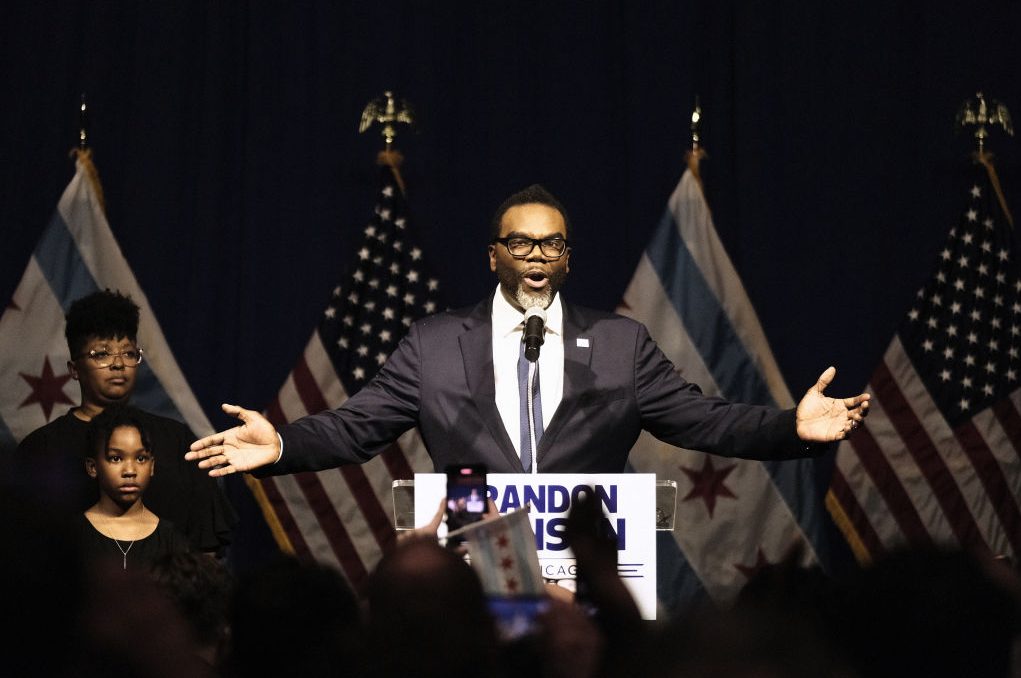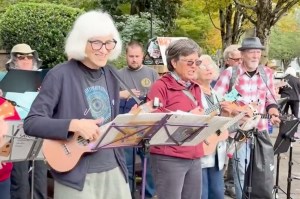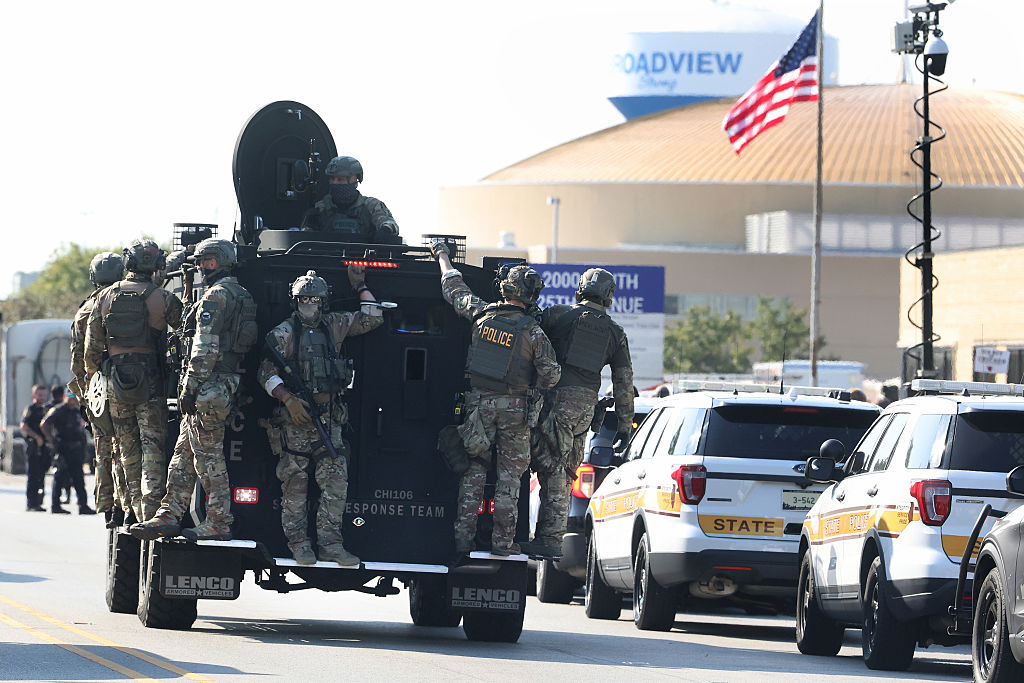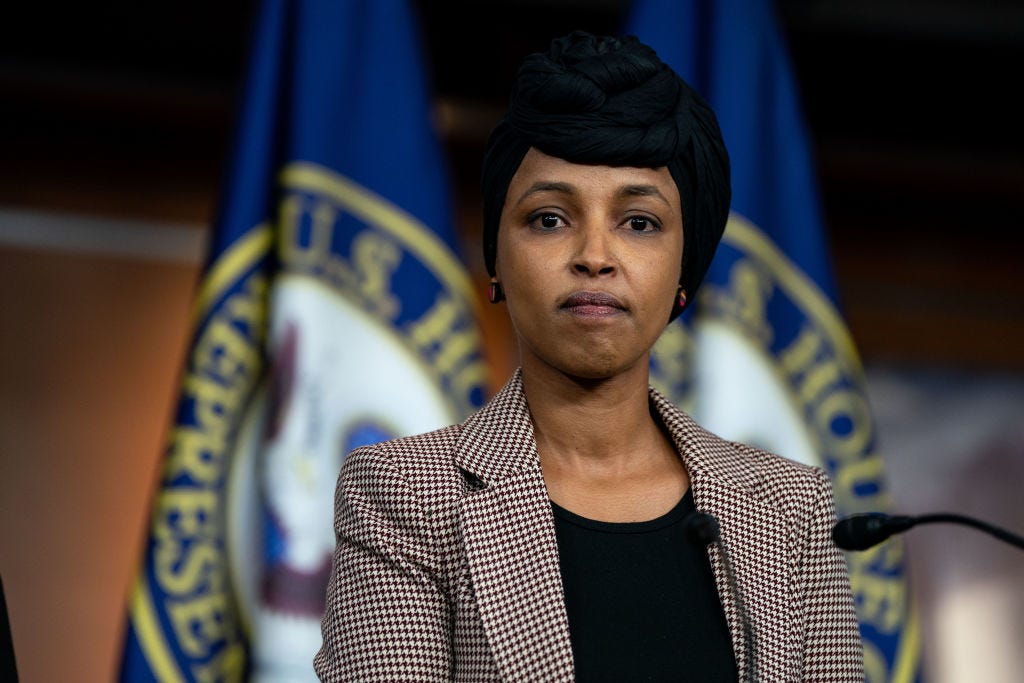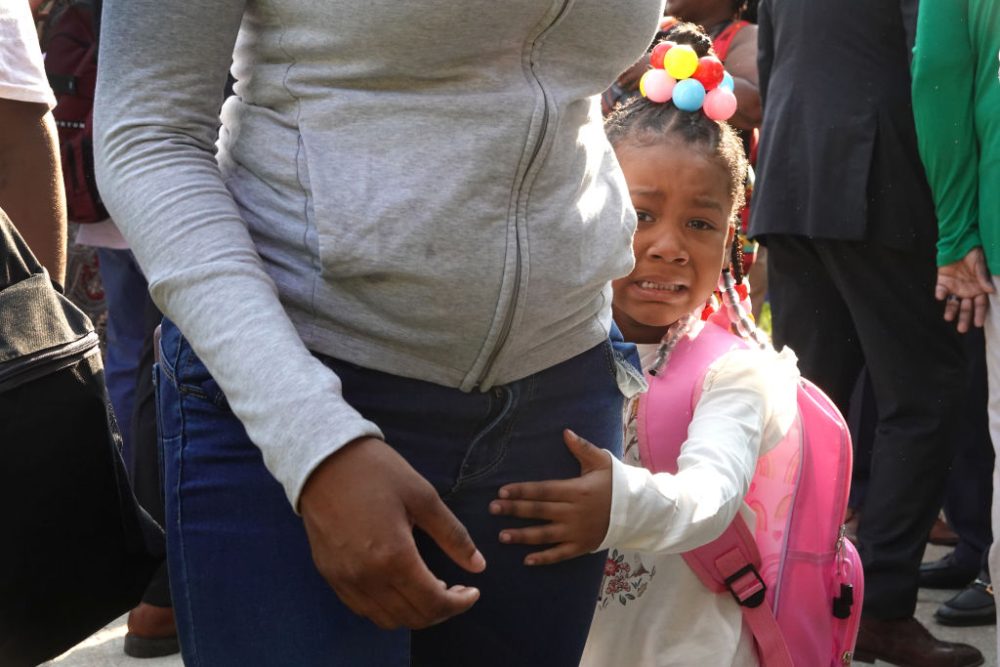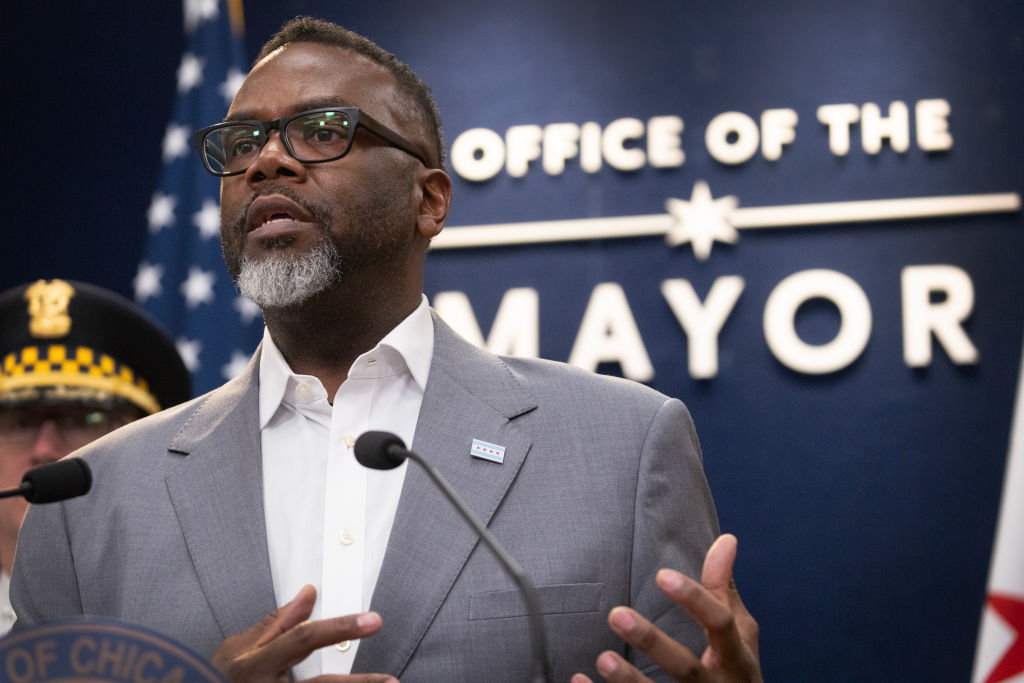Adam Smith once wisely remarked that “there is a great deal of ruin in a nation.” There is much less room for ruin in a city, as Portland, San Francisco and Seattle have proved in recent years, and Detroit, Memphis and Gary, did even earlier. Now, Chicago has decided to join that dismal parade.
The Windy City was already marching toward the abyss under its outgoing mayor, Lori Lightfoot. She was elected four years ago with over three-quarters of the vote. This year, she got so few votes in the first primary (about one sixth) that she was eliminated from the runoff. That second election, held on Tuesday, pitted Brandon Johnson, an African-American organizer for the powerful Chicago Teachers Union, against Paul Vallas, a Greek American who had led several major school systems around the country. Vallas’s résumé was far more impressive than his achievements in those jobs. His bumbling campaign against Johnson revealed those shortcomings once again.
These ethnic markers — a black candidate versus a white one — are important in American urban politics, where political organizations are often formed around neighborhoods, ethnicities and race. One striking feature of the late Chicago election was the complete absence of the Irish Americans. For a century, they had led the city’s political machine, handing out subordinate positions and lucrative patronage jobs to allies in various ethnic and racial communities. Those days are long gone, destroyed by the city’s changing demographics and federal court rulings that killed the old patronage machine.
The remnants of that machine are entangled in criminal indictments; the old leaders spend their days consulting with defense lawyers. The longtime leader of the Chicago City Council, Eddie Burke, is fighting major federal charges of corruption. Some of his allies have already flipped and given prosecutors recordings of incriminating conversations. Burke’s counterpart in the state legislature, the nation’s longest-serving house speaker, Mike Madigan, was forced to resign his position when the feds leveled corruption charges against him. You can see why cynical locals say, “Where our elected officials make your license plates.”
The corruption suffusing the latest Chicago mayoral election was perfectly legal and hiding in plain sight. Virtually all of Brandon Johnson’s funding and his legions of campaign workers came from the Chicago Teachers Union, plus several other public-sector unions. Those union friends went door-to-door singing his praises and putting up campaign signs all over town. It was a very effective strategy.
Such assistance from public-sector unions is legal, but why is it corrupt in a larger sense? Because public-sector unions are fundamentally different from private-sector ones. They help elect the very officials who will, in turn, reward them with favorable contracts. That’s not true in the private sector, where union negotiators sit on the other side of the table from management. They have some common interests, of course, which become the basis for new contracts. But the two sides are basically at odds over wages and working conditions. And, of course, unions have no say in choosing the corporate management that will negotiate with them.
It’s not just that public-sector unions feed from the public trough. They also help choose the people who will negotiate with them. Those elected officials know who put them there. That means Brandon Johnson won’t be sitting on the opposite side of the table from the CTU or other Chicago city unions. He’ll be sitting on the same side. That’s partly because he shares their left-wing ideology. But even more, it’s because he owes his election to their dollars and hard work. They picked him and helped get him over the finish line. His chances of reelection depend on their continued support. Not surprisingly, they expect him to deliver what they want. His only constraint is the city’s overstretched budget.
The one union that staunchly opposed Johnson was the Chicago police. Their support for Vallas presents exactly the same problems as the CTU’s support for Johnson, though the CTU was far more effective in practice. Why did the police favor Vallas? Because Johnson was a vocal support of the “defund the police” movement at its apex (the aftermath of the George Floyd killing and another in Chicago that rightly received lots of local attention). Johnson downplayed those positions in the latest contest, but it was clear that he wants much tighter constraints on policing and much more lenient treatment of accused criminals. Although Chicago voters overwhelmingly told pollsters that crime was their leading issue, they voted for Johnson and will have to live with the results.
Johnson represents a clear victory for the Alexandria Ocasio-Cortez wing of the Democratic Party and for the role of public-sector unions within it. The national implications are clear. And the implications for those who live in Chicago are huge.



